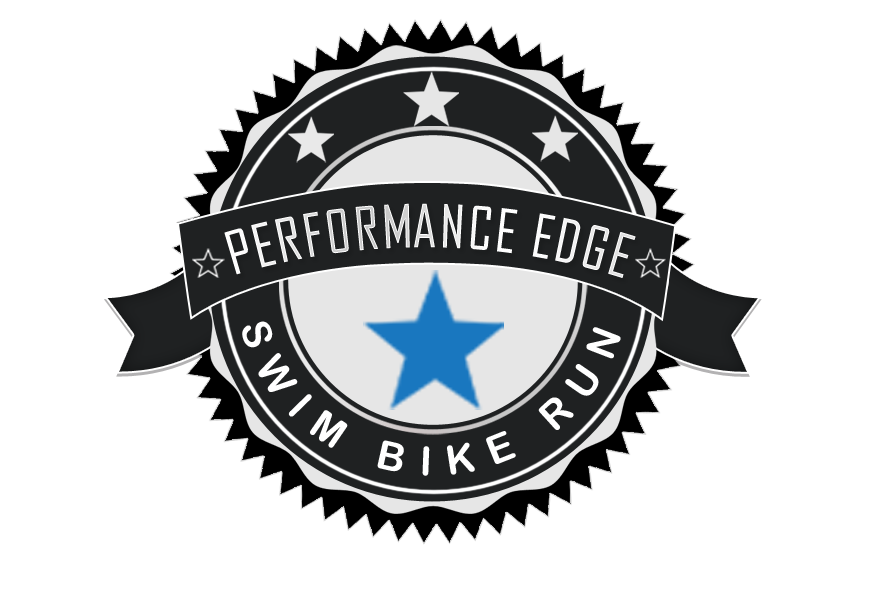 As a Coach when I am chatting to my athletes it is not long before the subject of Personal Bests/Personal Records and prospective finish times for races comes up. Indeed it is a vital conversation as by having an idea of this information leads to appropriate pacing and very often it is the lack of appropriate pacing that causes races to awry and leads to those ‘explosions’ and statements such as ‘I was going ok until mile X’.
If you are looking to estimate your finish time for a run race there are a number of online predictors and you could do a lot worse than to start with those. By entering a known finish time over a set distance these will calculate a prospective finish time for a variety of distance races one of favourites for the marathon was quoted by the late great Frank Horwill from Serpentine AC who stated that if you take you 10km time, multiply it by 5 and then subtract 10 minutes you will get your predicted marathon time. As a rule of thumb for the marathon this is surprisingly (or unsurprisingly if you knew Frank) accurate!
As a Coach when I am chatting to my athletes it is not long before the subject of Personal Bests/Personal Records and prospective finish times for races comes up. Indeed it is a vital conversation as by having an idea of this information leads to appropriate pacing and very often it is the lack of appropriate pacing that causes races to awry and leads to those ‘explosions’ and statements such as ‘I was going ok until mile X’.
If you are looking to estimate your finish time for a run race there are a number of online predictors and you could do a lot worse than to start with those. By entering a known finish time over a set distance these will calculate a prospective finish time for a variety of distance races one of favourites for the marathon was quoted by the late great Frank Horwill from Serpentine AC who stated that if you take you 10km time, multiply it by 5 and then subtract 10 minutes you will get your predicted marathon time. As a rule of thumb for the marathon this is surprisingly (or unsurprisingly if you knew Frank) accurate!
However in the world of multi sport the predictions made become more difficult. Not least that, in the case of triathlon, there are three sports involved and, in the case of Ironman triathlon, the extended duration of the event allows for the potential for more unexpected events or for the terrain/weather/fatigue etc to play a greater part and to make predictions difficult However that is exactly what scientists at the University of Zurich[1] did. They set out to assess whether physical characteristics, training, or pre race experience were related to performance in age group male Ironman triathletes and measured the results at Ironman Switzerland.
The findings show that speed in running during training, personal best marathon time, and personal best time in an Olympic distance triathlon were related to the Ironman race time. The results are not just saying that faster runners over the marathon and the faster an athlete is over the Olympic distance the faster the Ironman finish; they have created a relationship between the times. One of the major findings was related to pace in that the scientists discovered that the triathletes swam and cycled at much faster speeds that they did in training yet ran at significantly slower speeds. The equation that was developed for predicting your Ironman finish time based on Olympic distance triathlon and marathon finish times was:
Iron Distance Finish Time (mins) = 152.1 + [1.332 x (Marathon PB)] + [1.964 x (Olympic Distance PB)]
Whilst your Personal Bests may have been set on a different type of course than the Ironman and the results must be current results I do feel that this formula gives us a great starting point to predict finish times and as a result goals and training paces along with aspirations can be better understood and adhered to. Worthy of note in the research is that slowing down factor on the run and as always it is she or he who slows down least that will do well.
Test it out and let us know how you get on!
[1] BEAT KNECHTLE, ANDREA WIRTH, and THOMAS ROSEMANN (2010) PREDICTORS OF RACE TIME IN MALE IRONMAN TRIATHLETES: PHYSICAL CHARACTERISTICS, TRAINING, OR PRERACE EXPERIENCE?. Perceptual and Motor Skills: Volume 111, Issue , pp. 437-446. doi: 10.2466/05.25.PMS.111.5.437-446
